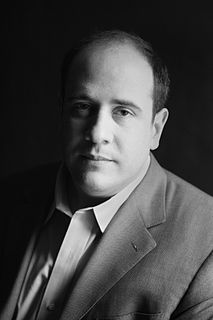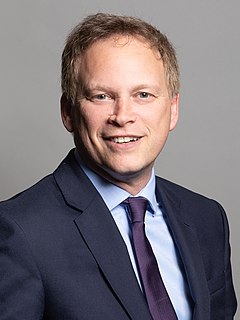A Quote by Sydney Pollack
There's a religious basis to their [Bush and Chaney] kind of conservatism. It's rooted in a kind of fundamentalism. I'm afraid of that. I don't like that idea. I think all extremism is suspect.
Related Quotes
In a world torn by every kind of fundamentalism - religious, ethnic, nationalist and tribal - we must grant first place to economic fundamentalism, with its religious conviction that the market, left to its own devices, is capable of resolving all our problems. This faith has its own ayatollahs. Its church is neo-liberalism; its creed is profit; its prayers are for monopolies.
I think the Bush Administration had basically inherited a policy toward Iraq from the Reagan/Bush Administration that saw Iraq as a kind of fire wall against Iranian fundamentalism. And as it developed over the 1980s, it became a real political run-a-muck... even though the Iraqis were known to be harboring Palestinian terrorists.
Neoliberalism, arguably, sets the course for this kind for this kind of neo-extremism, this right-wing extremism that we are facing. The only way we solve that crisis, the rise of the right-wing extreme, is by truly progressive policies that address this crisis of economic security. That will not come from the lesser evil.
Everyone who has been to an Olympics says expect the unexpected. That kind of psychology games does go on, so I'm kind of expecting things to happen but I don't know who from. I think it's kind of silly but I'm prepared for it. I'd probably just laugh it off because it means that they are afraid of racing me, so it's like a huge compliment
I have no religious belief myself, but I don't think we should fight about it. In particular, I think that we should not rubbish moderate religious leaders like the Archbishop of Canterbury because I think we all agree that extreme fundamentalism is a threat, and we need all the allies we can muster against it.
For me, I don't want to live in a world where I am afraid of making the kind of art I want to make. The idea that I should be afraid of publicly ridiculing and mocking and chopping up and rearranging a giant corporation that intrudes on my life whether I want it to or not every day... The idea that I have to be afraid to do that is absurd to me.
Americans are finally coming to a point where they're accepting of religious criticism, is because George Bush is the first president who really put religion so front-and-center. He's the most Christ-y president we've ever had - and he is, not uncoincidentally, the biggest disaster we've ever had. I think even people who are religious don't like it shoved down their throat. I think people kind of get it on a certain level, that this is an antiscience administration, and we're living in a time where we can't afford to be antiscience - for environmental reasons, for educational reasons.
I think one of the greatest losses to humanity was the domination of women. I think every religious system has found ways to be kind to them in a kind of subordinate way. Very patronizing, very colonial. But if you start looking at the fabric of society, even religious systems, they would fall apart if it wasn't for the embedded ability of the women who are involved.





































